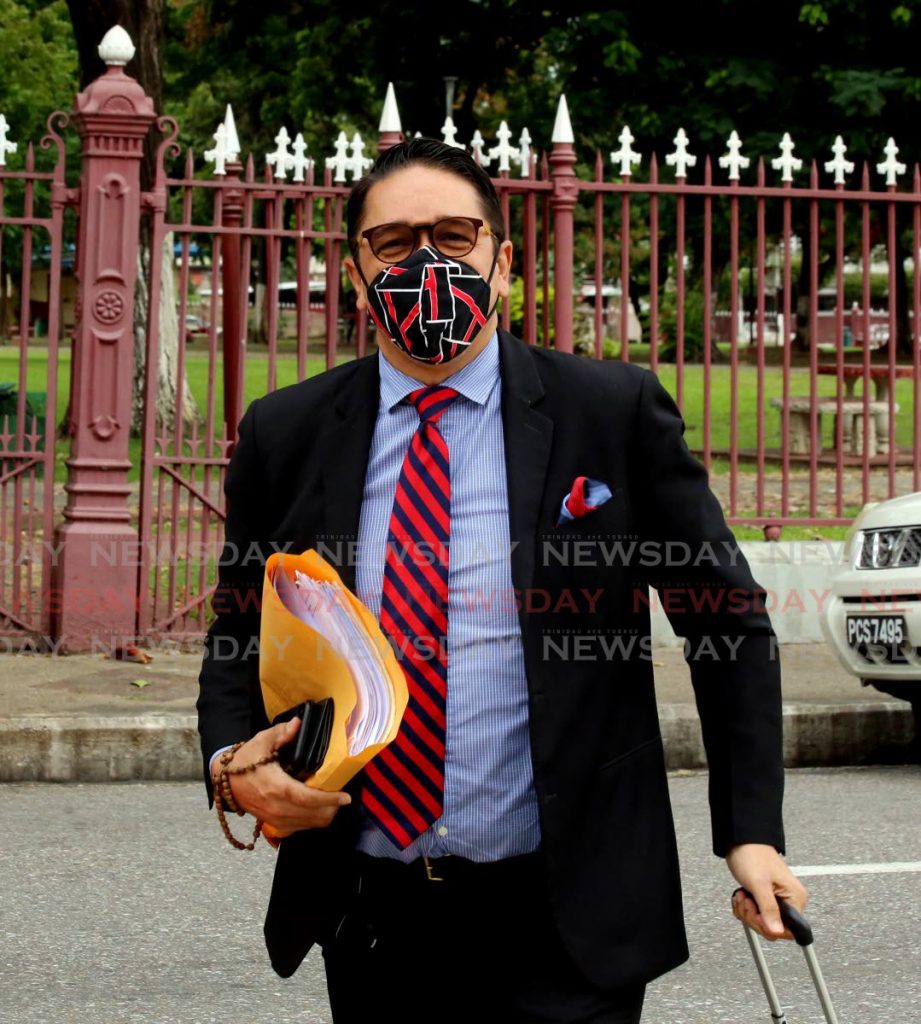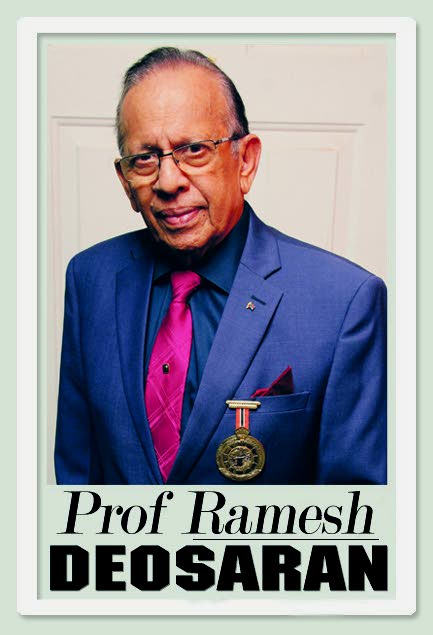De Nobriga’s serious joke

Minister in the Prime Minister’s Office and Minister of Communication, 45-year-old Mr Symon de Nobriga, disturbed the practice of press freedom two weeks ago and sent me thinking again about the value of freedom of the press – its now-and-again shortcomings notwithstanding.
At the Venezuelans’ repatriation event, it appeared only the state television company, TTT, was allowed to cover the occasion and not the rest of the media.
Now TTT, as is well known for many years, and under different governments, has had the lowest ratings and at great cost to taxpayers. And, naturally, this would worry Mr de Nobriga. So when questioned on the apparent censorship, he reportedly said that he wanted to give the state-owned media a better chance to compete, and no doubt to raise its embarrassing ratings.
Clearly, his approach shows he has not as yet fully understood the constitutional concept and practice of freedom of the press in this country.
Striving to bring some relief, he said that remark was a joke, “ill-advised banter” and made “light-heartedly.”
However, he went on in reverse gear to claim that he really was “not joking” at all but the media restriction was a covid19 precaution.
De Nobriga’s other puzzling explanation was that the event was organised by the Venezuelan Embassy and that the “OPM was not involved in media invitations.”
Quickly, this newspaper’s editorial saw no joke in all this and stated: “These confused and confusing statements betrayed a stunning lack of understanding of both his role and the role of the media. We have no problems with pool arrangements for certain events. However these measures must be subject to open rules and systems that are fairly applied.”
Equally upset, the Express editorial stated: “This newspaper has no intention of allowing its journalism to be supplanted by curated photos from the Office of the Prime Minister or video news coverage selected from state-owned TTT or the Government’s Division of Information.”
So I think, for Mr de Nobriga, lesson learnt.
Sensing the political wound, both UNC Senator Wade Mark and Tabaquite MP Anita Haynes attacked. Noting that this was the “third time Government blocking the media,” Mark declared: “It is becoming very obvious that a plot has been hatched at Balisier House to undermine, subvert, erode and compromise TT’s democracy.”
Ms Haynes added: “This incident has to do with an executive policy to limit access to information.”

Now Mr de Nobriga comes from PM Dr Rowley’s office. Did Dr Rowley know in advance about the TTT monopoly at the event?
In any case, the veteran politician wasted no time in distancing himself from the brewing media controversy.
As our history has shown, politicians rarely win a war with the free media.
Denying that he or his government are dictators, Dr Rowley said: ”Any casual observation that is not motivated by hysteria or bias will conclude that there is no anti-media in the Government of TT.”
Now, democracy’s highest virtue is the basic freedoms it gives its people, even allowing creative disruptions.
Of course, these freedoms are not given on a platter. The people fought for them one way or another. That is the related virtue of democracy; it allows people to fight to preserve their freedoms, especially when threatened.
As history and psychology have proven, political power quickly corrupts. Freedom of speech and the press are citizens’ platform for holding high public officials accountable.
Of all the freedoms allowed, the most powerful and pre-eminent is freedom of speech, its main protector being press freedom. Freedom of speech is used to protect all others, be it privacy, religion, assembly, etc.
Hence the high level of tolerance given by editors and judges when freedom of speech seems abused. As history and politics have shown, the attempts to curtail or diminish freedom of speech or the press come little by little. Like “broken windows” theory in criminology – small offences, when left unattended, soon grow into big ones.
At its formal name-change launch, Dr Rowley said TTT’s new role was “production.” We haven’t seen this yet.
Given its 2010-15 experience with TTT (then CNMG), the UNC would have sounded as if it were really on high ground if it had used this opportunity to call for a review of the objectives, operations and funding of TTT. And this is no joke.


Comments
"De Nobriga’s serious joke"